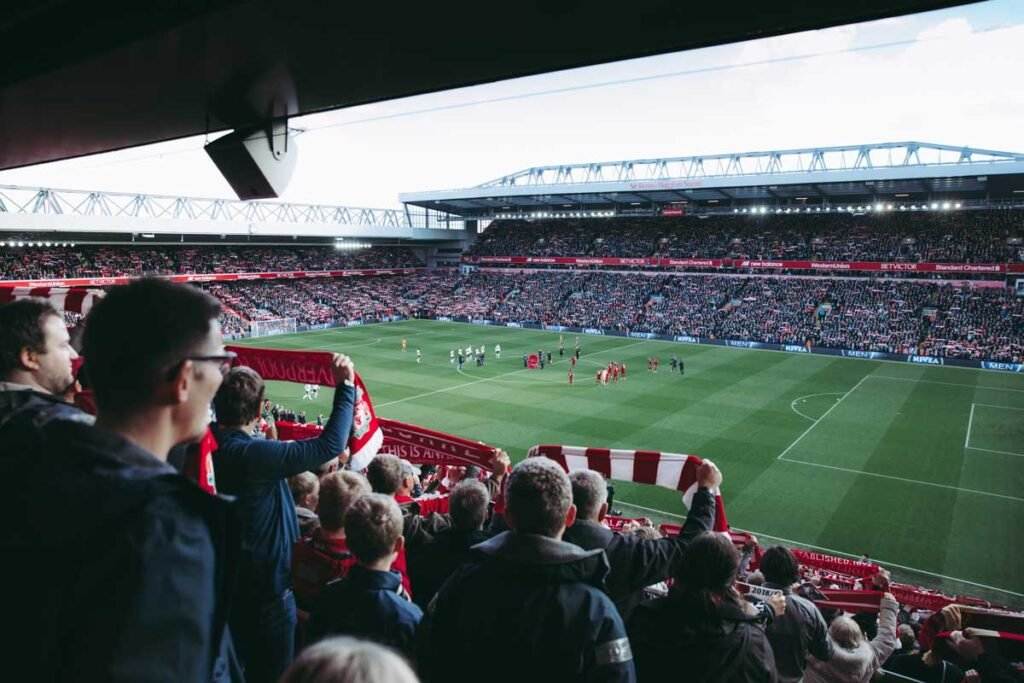Soccer, known as football in most parts of the world, stands as a testament to the power of sport to unite and captivate people on a global scale. What makes soccer the best sport in the world is not just its simple rules and widespread accessibility, but also the deep-seated emotions, rich history, and unparalleled sense of unity it brings to individuals and communities around the globe.
At its core, soccer is a sport that requires little more than a ball and an open space to play. This simplicity is a key factor in its worldwide popularity. Unlike sports that demand specialized equipment or intricate rulebooks, soccer can be played anywhere, by anyone, regardless of age, gender, or social background. Whether in a bustling urban neighbourhood or a rural village, a makeshift pitch can emerge, fostering camaraderie and competition among participants. This accessibility has contributed to the sport’s omnipresence, making it a common language that transcends cultural and linguistic differences.
Beyond its accessibility, soccer’s appeal lies in its ability to generate intense emotions among players and fans alike. The game’s fluidity and unpredictability keep spectators on the edge of their seats, as a single moment of brilliance or an unexpected turn of events can alter the course of a match. Joy, frustration, hope, and despair—these emotions converge in stadiums and living rooms, forging connections that span continents. The collective experience of celebrating a last-minute goal or commiserating over a missed opportunity creates a shared bond that unites fans across the world, even if they’ve never met.
Soccer’s history is woven into the fabric of societies worldwide. From the streets of Rio de Janeiro to the pitches of Barcelona, the sport’s past is a tapestry of legendary players, iconic matches, and unforgettable moments. Each country has its heroes and narratives that resonate deeply with its people. These stories are passed down through generations, serving as a bridge between the past and present, and a source of inspiration for aspiring players. The World Cup, held every four years, is the pinnacle of this history, bringing together nations in a display of competition and camaraderie that captivates billions.
The essence of soccer lies in its celebration of teamwork and collaboration. The sport necessitates a level of coordination and understanding among players that is unrivaled in other sports. A well-executed passing sequence or a perfectly timed assist demonstrates the beauty of unity, where individuals come together to achieve a common goal. This lesson extends beyond the field, teaching valuable principles of cooperation and mutual respect that resonate in daily life.
Soccer’s influence reaches far beyond the sport itself. It becomes a reflection of cultural identity, with each nation infusing its unique style of play, tactics, and traditions. From the tiki-taka of Spain to the samba flair of Brazil, these distinctive approaches embody the essence of the countries they represent. This diversity not only showcases the richness of global cultures but also fosters a sense of appreciation and curiosity among fans who get to experience the world through the lens of a soccer match.
In a world often divided by differences, soccer stands as a unifying force that reminds us of our shared humanity. Its simplicity, emotional resonance, historical significance, and celebration of teamwork all contribute to its standing as the best sport in the world. As long as there are open spaces and a desire to play, soccer will continue to bring people together, creating moments of pure magic that transcend time, borders, and backgrounds.
Why not join Cochrane Wolves and you too can enjoy the best sport in the world!





